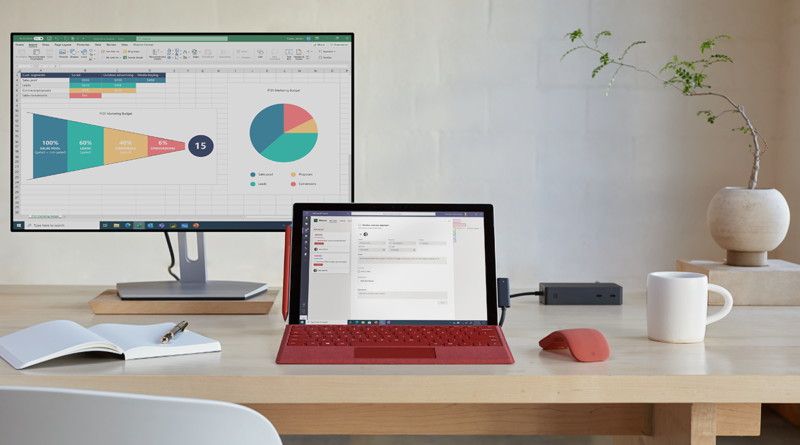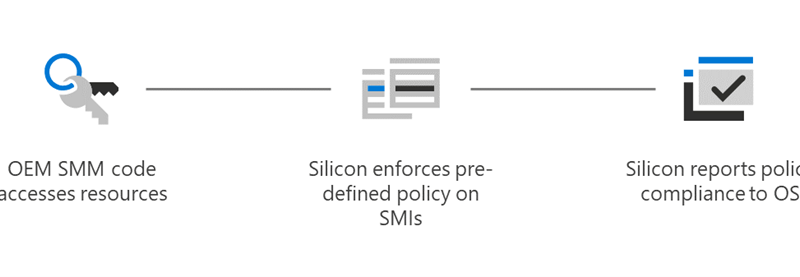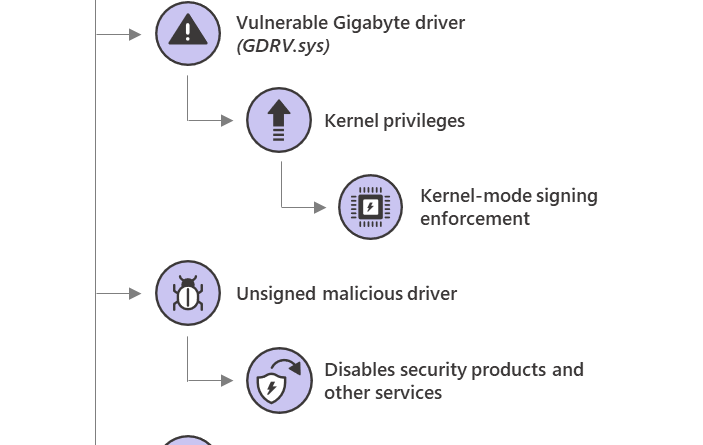New Surface PCs enable virtualization-based security (VBS) by default to empower customers to do more, securely
The new Surface Pro 7+ for Business will ship with virtualization-based security (VBS) and Hypervisor-protected code integrity (HVCI, also commonly referred to as memory integrity) enabled out of the box to give customers even stronger security that is built-in and turned on by default. The Surface Pro 7+ for Business joins existing recently shipped devices like the Surface Book 3, Surface Laptop Go, and the Surface Pro X in enabling VBS and HVCI by default.
The post New Surface PCs enable virtualization-based security (VBS) by default to empower customers to do more, securely appeared first on Microsoft Security. READ MORE HERE…



